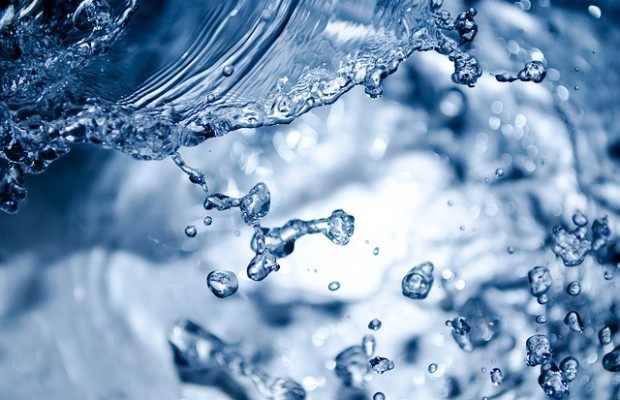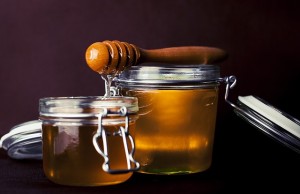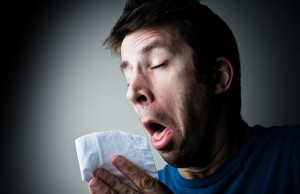10 Healthy Tips To Reduce Risk of Major Diseases
Cancer is one of the few complicated diseases that requires constant attention, regular tests and serious prevention care, especially if your physician thinks your probability of getting cancer is high. Despite all the tests and preventive measures, the disease remains undetected in many cases. Cancer is curable in its early stages only. Various research studies reveal different cancer prevention techniques which may sometimes contradict with each other. But the given tips to reduce cancer risk have been accepted worldwide.
With these tips and techniques, you can reduce your cancer risk by up to 149%.
1. Avoid Active And Passive Tobacco Consumption
Lung cancer is one of the common-most cancer forms today. Apart from environmental pollution, another huge stimulator of lung cancer is the tobacco carcinogen. Active tobacco consumption refers to the act of smoking, while passive tobacco consumption refers to the inhale of the smoke from smokers around you. The latter type is very common at bus stops and public places. To prevent breathing in the passive smoke, cover your mouth and nostrils to restrict toxins and carcinogens from entering your breathing system. And do not hang out in areas where people are smoking.
2. Eat Healthy And Organic Food
It is difficult to differentiate between what to eat and what to avoid. Organic and raw foods are standardized as the healthiest foods with low to no percentage of toxins and chemicals. Healthy eating also includes drinking plenty of liquids to flush out the toxins. Consumption of antitoxins like blueberries and beet root also help clear your blood and prevent cancer.
3. Use Filtered Tap Water And Avoid Plastic
When you heat and eat the food in plastic utensils, the toxins from the environment are absorbed and make the food toxic. Also avoid aluminum and steel cans to drink liquids like sodas and wine. A research study conducted by the President’s Cancer Panel reveals that filtered tap water is better to drink than bottled water served in plastic bottles.
4. Marinate Meat Before Cooking it
Most of the people use aluminum, steel, and non-stick pans to cook foods. These elements react with cooking oil and other essential oils we use for cooking meat and activate cancer-causing heterocyclic amines and polycystic hydrocarbons at high temperatures. These agents are not activated when the food is cooked at low temperature. When cooking meat, make sure to coat it with your favorite marinade for at least one hour.
5. Detox With Caffeine, Green Tea And Herbal Tea
Coffee, tea, green tea and herbal tea not only improve immunity but also loosen up the tissues to release toxins. They also clear up the toxins in your blood. According to research, 3 to 5 cups of light coffee or 2 to 3 cups of strong green tea can help reduce the risk of cancer. Remember that consuming too much caffeine and green tea is also dangerous for your metabolism.
6. Load Up With Green
Green foods are not only rich in folate to make new blood cells but these foods also contain essential elements like zinc, magnesium, manganese, and selenium in moderate quantities to help detoxify your blood. These foods also boost immunity and help defend against diseases.
7. Exercise To Burn Off The Risk
Moderate exercises regulate hormones and reduce the risk of diseases like cancer by maintaining optimal hormonal balance. Exercise helps burn fat which produces estrogen – a known stimulator of cancer.
8. Skip The Toxic Lifestyle
Perchloroethylene is a solvent which is used in traditional dry cleaners. It is a very well-known contributor of lung and kidney cancer. Modern handwash liquids, sterilizers, washing detergents, and floor and windows cleaners also contain cancerous toxins.
One way to avoid radiation that affects your body is to use headphones instead of directly communicating through the phone. Alter your clothing patterns and avoid colors which absorb UV rays. Black color absorbs UV rays the most but these rays pass through white color.
9. Pick The Radiologist Wisely
Choose a radiologist with years of experience in radiology and cancer treatment to make sure that your case is in safe hands.
10. Rectify Your Nutrient Consumption
Improve your calcium intake and get your folic acid level checked. Eat more whole grains and consume cancer fighting herbs like ginger, garlic, rosemary, turmeric, chili peppers, peppermint, and chamomile.
There is no 100% formula that can help prevent cancer but you can definitely reduce its risk by moderating your lifestyle to some extent.











0 comments